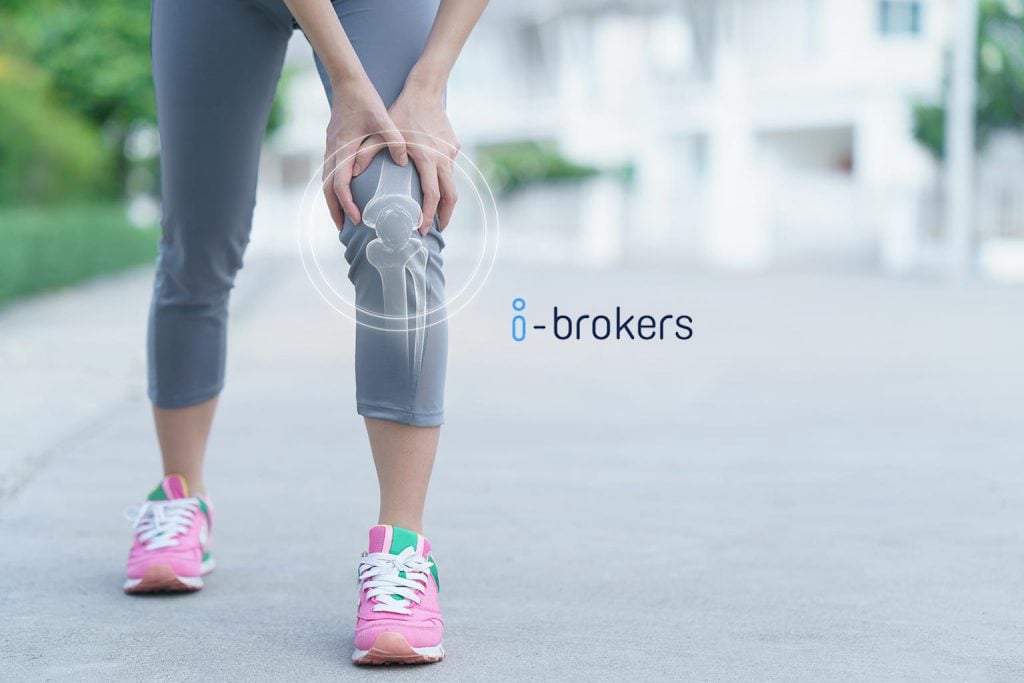Bones and muscles are useful to us in that they function together to support the weight of the body, shape up your body and help with the movement of your body. If your body produces inadequate bone mass when you turn 30 or bone loss takes place at a later stage in your life, then this means your bones become fragile and might break fairly easily.
The good news is that there are many avenues in which you can make your bones and muscles strong as you get older. They include activities you are advised to do and food which strengthens your bones and muscles you are recommended to consume on a daily basis to keep your bones and muscles healthy at all times.
Here we have put together a practical guide on how to build strong bones and muscles so you can keep the osteopath away.
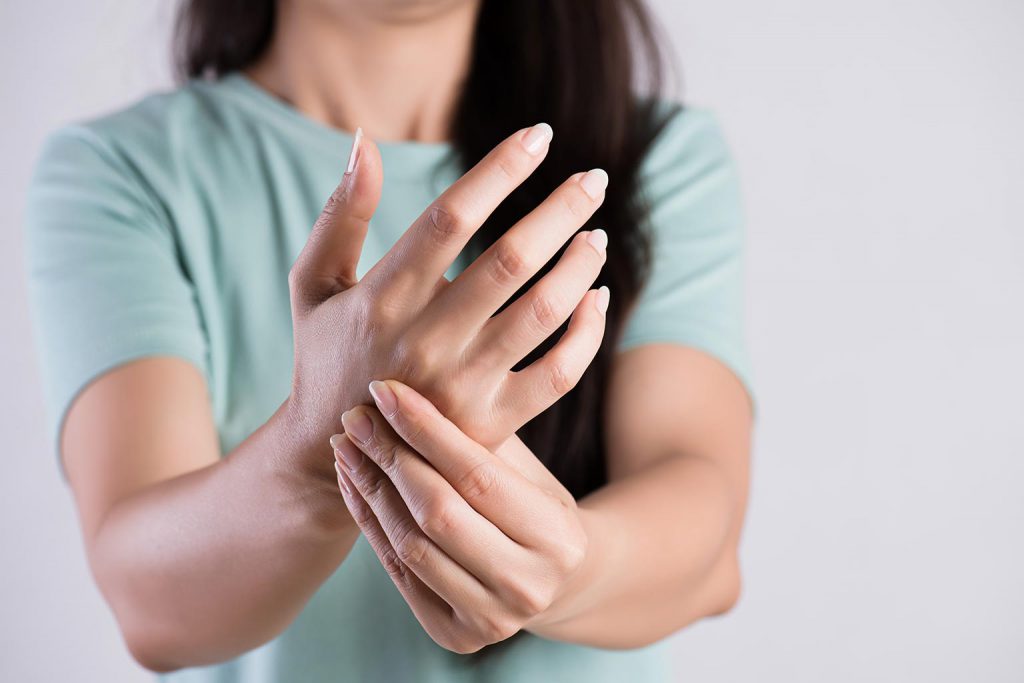
Table of contents
- 1. Do not consume food with excessively low calories
- 2. Have Diets with Sufficient Protein
- 3. Get Omega-3-Fats-Rich Meals
- 4. Take Edibles with High Calcium Every Day
- 5. Consume Plentiful Vitamin D and Vitamin K2
- 6. Eat Dishes Enriched with Magnesium and Zinc
- 7. Keep Your Weight Stable
- 8. Practice Strength Training and Avoid High-impact Exercises
- Takeaway
1. Do not consume food with excessively low calories
Studies indicated that food servings that give you lower than a thousand calories on a daily basis can cause a decrease in your bone density. This not only applies to individuals with normal weight but also to those who are overweight or obese.
Therefore, if you wish to strengthen your bones and muscles, consume food that yields you a minimum of 1,200 calories per day. The diet should have abundant protein, vitamins and minerals that are useful to your bones.
2. Have Diets with Sufficient Protein
As a matter of fact, half of bone consists of protein, therefore consuming sufficient protein every day is really healthy for your bones.
Research has discovered that obtaining low protein leads to a reduction in how well you can absorb calcium and may impact how your bones build up and break down.
Meanwhile, other studies have suggested that protein-rich food such as whole eggs, almonds and chicken breast drain away calcium from bones so as to act against increased acidity in the blood.
However, this does not happen with individuals who get a maximum of 100 grams of protein on a daily basis. It would also be great if you could balance this with plant-based diets and obtain sufficient intake of calcium.
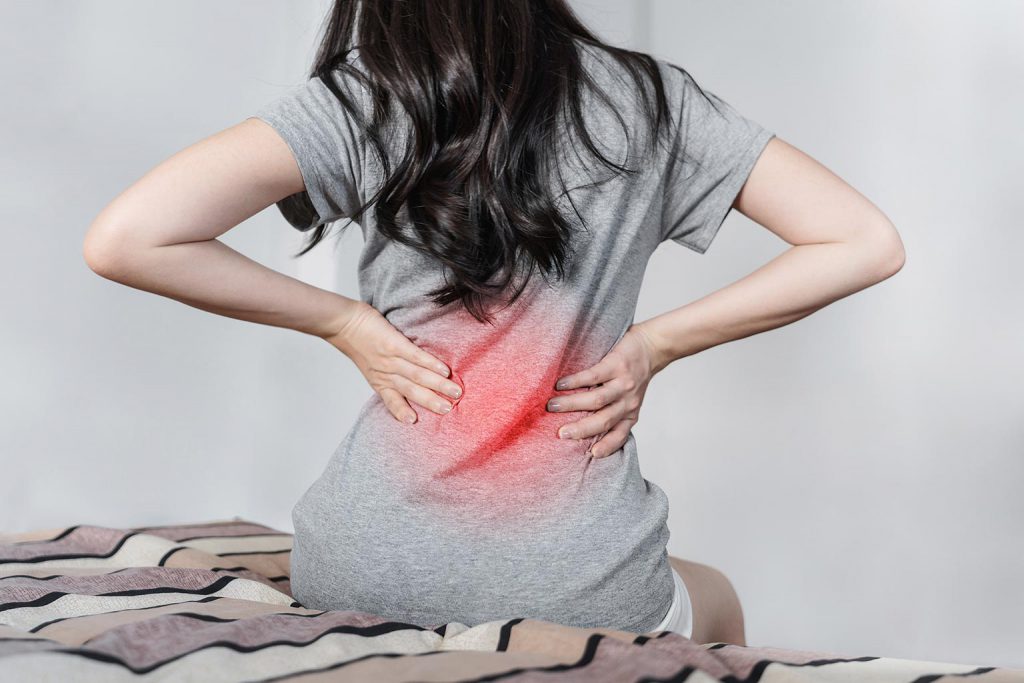
3. Get Omega-3-Fats-Rich Meals
The purpose of having meals enriched with fatty acids known as Omega-3 is to accelerate how new bone builds up and these fatty acids serve as a shield against bone loss especially in older people.
Examples of Omega-3 fatty acids are walnuts, chia seeds and flaxseeds.
4. Take Edibles with High Calcium Every Day
Calcium is the key mineral discovered in your bones. Try not to get calcium from supplement powder or pills. Obtain calcium by drinking milk, eating almonds and eating sardines and canned salmon whose edible bones are high in calcium.
It would be best if you could spread your intake of calcium throughout the day and if you could consume it on a daily basis to maximise absorption and keep your bones healthy respectively.
5. Consume Plentiful Vitamin D and Vitamin K2
Vitamin D is mainly responsible for assisting your body in the absorption of calcium. Get exposed to the sun and eat certain types of food such as cheese, liver and fatty fish are great ways to take Vitamin D.
Vitamin K2 modifies osteocalcin, a protein that is part of your bone formation, to protect against the absence of calcium from bones.
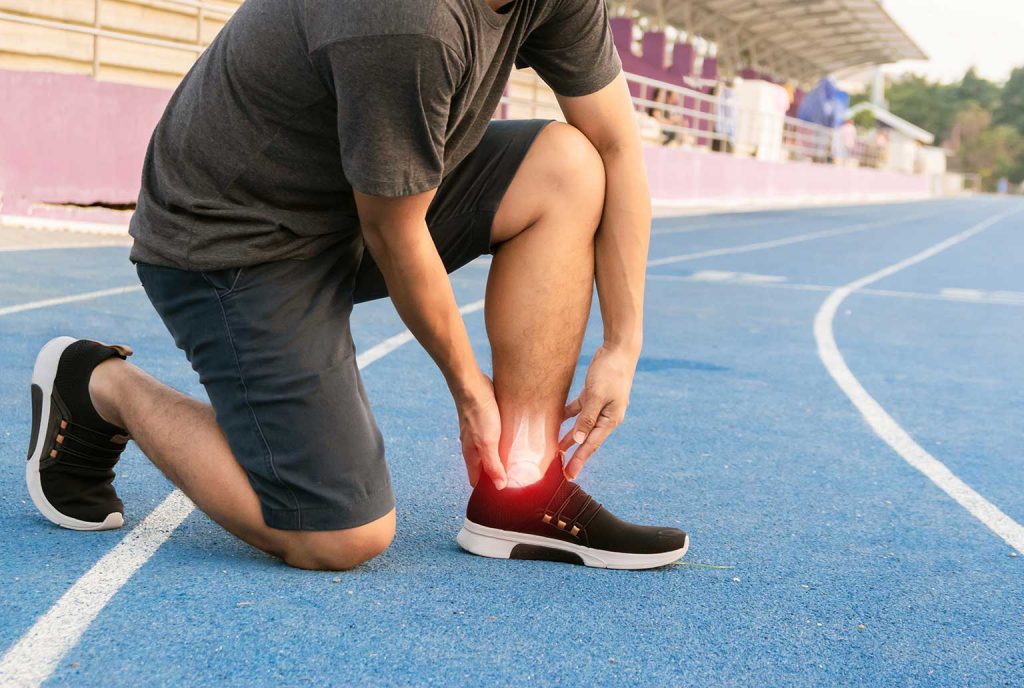
6. Eat Dishes Enriched with Magnesium and Zinc
The role of magnesium is to turn Vitamin D into the active form that accelerates the absorption of calcium. Despite the discovery of small percentages of magnesium in most dishes, merely a few brilliant food items exist.
Examples of magnesium-rich edibles are dark chocolate, avocados, mackerel, halibut, lentils, beans and peas.
Zinc is a mineral that helps build up the mineral part of your bones and forms your bone-building cells. It also helps stop the bone breakdown.
Researchers have suggested that supplements of zinc helps improve how bones grow in kids and retain bone density in older people.
Plenty of zinc can be found in beef, shrimp, spinach, flaxseeds, oysters and pumpkin seeds.
7. Keep Your Weight Stable
Being either underweight or overweight can have negative impact on your bones. Stabilising your weight, instead of losing and regaining it back and forth, can help maintain your bone density.
8. Practice Strength Training and Avoid High-impact Exercises
Perform certain strength training exercises such as foot stomps, bicep curls, shoulder lifts, hamstring curls, hip leg lifts, squats, ball sit and standing on one leg.
Besides, it is best to avoid exercises that have high impact to your bones such as hiking, jumping rope, climbing, running, situps and playing golf, so as to reduce your risk for fractures of osteoporosis.
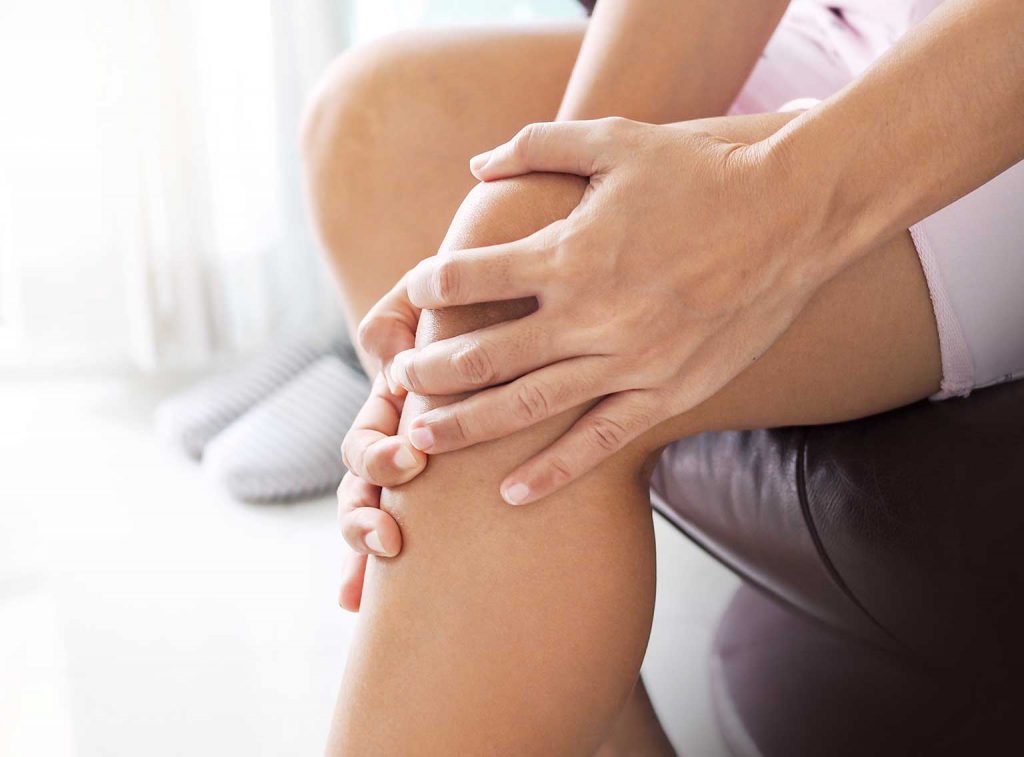
Takeaway
On the whole, bones are always vital no matter how old you are. However, symptoms don’t always appear until bone loss occurs. That can help you keep your bones and muscles strong and healthy. Begin taking positive action for your bones and muscles today before it is too late.


